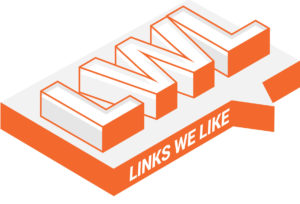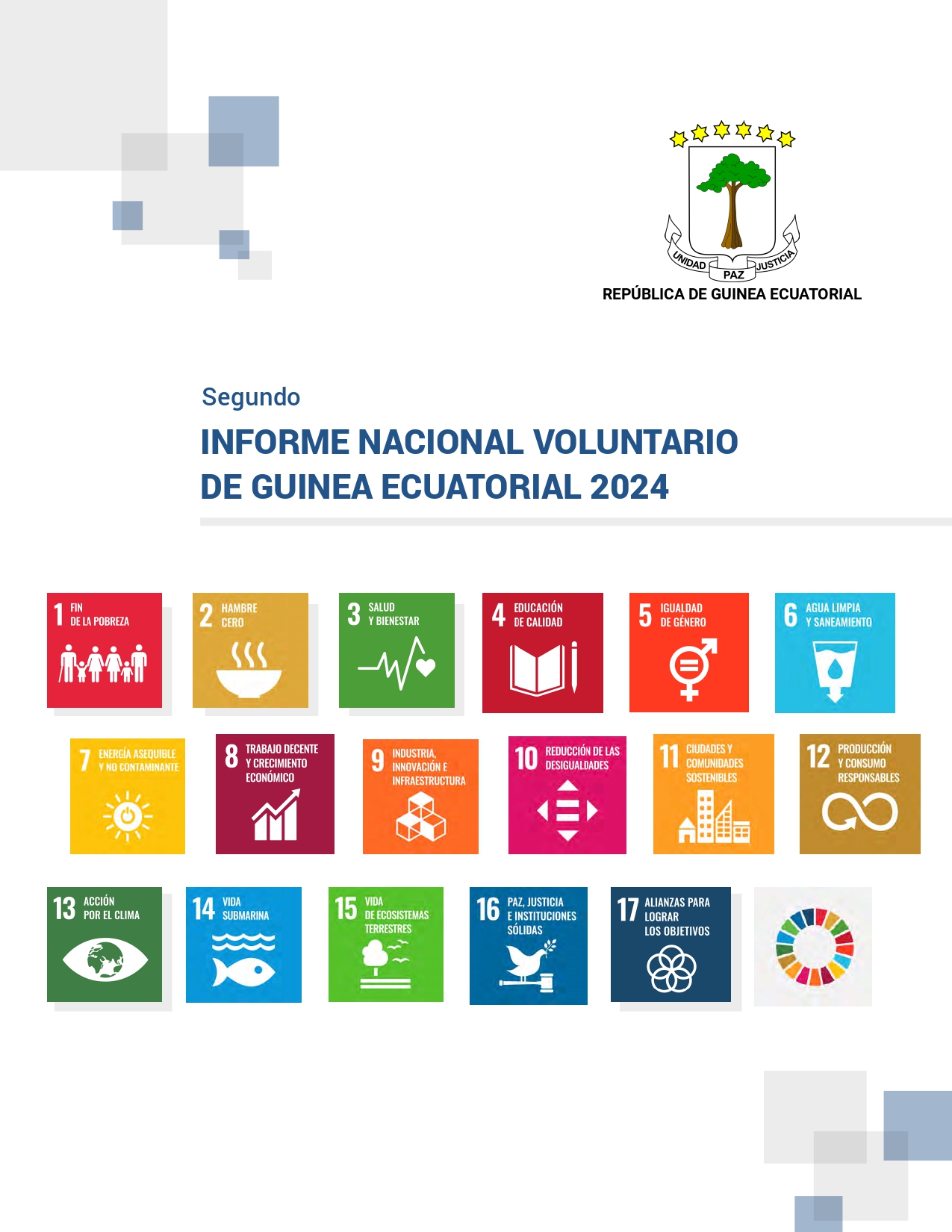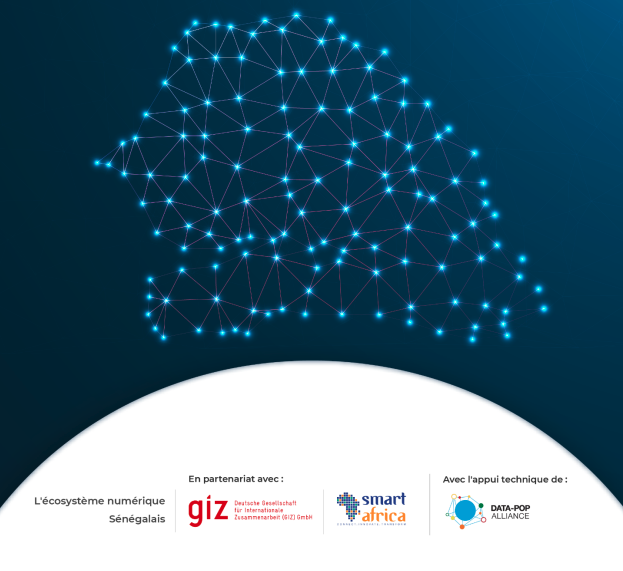LINKS WE LIKE #12

Politics and Governance
- The CIO Problem, Pt 2: Innovation -Jennifer Pahlka, Linkedin (@pahlkadot)
The author explores the issues that arise when governments create a role of Chief Innovation Officer (CInnO) and define it too broadly to encompass "the basics," such as non-innovative website work. Reserving the innovative label of "innovation" for work that actually modernizes digital tools and practices is crucial, as economic, climate, city, and health threats continue to challenge governments, and radical, non-basic, innovative responses become necessary.
- Conceptualizing Public Innovative Capacity: A Framework For Assessment - Hanneke Gieske, Arwin van Buuren, and Victor Bekkers, The Innovation Journal (@arwinvanbuuren)
This paper describes a new framework for understanding innovative capacity, composing three components [connective, ambidextrous, and learning capacity] across three dimensions [individual, organizational, and network level]. The framework could be used to help create a more comprehensive assessment of what makes public sector organizations innovative and recognize the multifaceted challenges that come with stimulating innovative public organizations.
Data Ethics and Literacy
- Click here to consent forever: Expiry dates for informed consent - Bart Custers, Big Data & Society (@BigDataSoc)
As Big Data and data analysis rapidly changes and evolves, consent may become outdated, but will not be renewed. This paper discusses the ethical implications of outdated consent, and offers the solution of expiration dates for consent. Although expiration date may not offer an answer for all of the issues of outdated consent and the changing data world, they could provide useful in some cases.
- Newly launched Genomic Data Commons to Facilitate Data and Clinical Information Sharing -National Institute of Health (@theNCI) (@NIH)
A new data system that promotes the sharing of genomic and clinical data between researchers, the Genomic Data Commons (GDC), was launched this week. In centralizing, standardizing, and making data accessible for programs within the National Cancer Institute (NCI), the programs hopes to a comprehensive knowledge system composed of data from thousands of cancer patients and tumors to foster discoveries in cancer research. In creating this genomic initiative, the NCI has recognized the major concern of data security and has implemented safeguards to ensure the ethical use and storage of the data.
- A Reformation of Digital and Democracy Literacy Led by Civil Society -Lucy Bernholz (@p2173)
Blog writer Lucy Bernholz emphasizes the importance of literacy in two forms: (1) the understanding of digital data and systems, codes, and algorithms; i.e. data literacy and (2) the democratic priorities and principles that come with data use; i.e. democratic literacy. She notes that not only do all people--the technologists, the policy makers, and citizens--need to learn these literacies, but they also need to teach it. In the synchronous understanding of democratic and data literacies by all people, solutions may be built.
Development and Humanitarian Efforts
- So What Do We Really Know About Innovation In International Development? Summary of New Book - Ben Ramalingam and Kristen Bound, Oxfam (@benramalingam) (@oxfamgb)
New perspectives in international development to navigate challenges in fundings, organizing, collaborating, and scaling innovations are revealed in a new publication, Innovation for International Development: Navigating the Paths and Pitfalls. Four trends from successful international development innovations are highlighted, including, (1) having a diverse set of ideas, experiences, and networks; (2) breaking existing rules for how things get done; (3) collaborating and negotiating; and (4) being inventive, rather than imitative.
- What is the State of Digital Security and Digital Rights Advocacy in the Middle East and North Africa? -Association for Progressive Communications (APC) (@APC_News)
A new project, Building a Cultures of Online Human Rights and Digital Security in the Maghreb-Machreck (MENA) region, launched by the Association for Progressive Communications, is working towards building digital security at the grassroots level and improving legal, policy, and regulatory frameworks that impact freedom of expression, association, and assembly, as well as access to the internet. The project also seeks to determine the effectiveness of the efforts by many organizations to defend human rights, online and offline, and direct efforts to digital security supports in this region on the ground.
Events and News
- Changing the Discourse on Humanitarian Innovations and Partnerships - Benjamin Kumpf, United Nations Development Programme (UNDP) (@bkumpf) (@UNDP)
Kumpf shares the thoughts explored a side event to World Humanitarian Summit in Istanbul this past May concerning how new data sources and real-time information systems may improve decision-making in humanitarian relief. The side event, sponsored by UNDP, UNICEF, the World Food Programme, and Data-Pop Alliance, investigated the future of data in development, emphasizing the importance of representative data, data equity, understanding users' needs, and recognizing barriers to change.
- Everything* You Always Wanted to Know About the Blockchain But Were Afraid to Ask - Arnaud Sahuguet, CornellTech (@sahuguet) (@cornell_tech)
At a recent workshop on Blockchain was put on by the Initiative for Cryptocurrencies and Contracts (IC3), an initiative of faculty members at Cornell University, Cornell Tech, and UC Berkeley that seeks to advance the science and applications of blockchains. The Workshop explored research challenges to the the use of Blockchain, including scaling, correctness, confidentiality, compliance, applications beyond cryptocurrencies, and authenticated data. In addition, the author goes into detail about the differences between Bitcoin and Blockchain.
- Using Gateway to Research Data to Explore Welsh Research Networks - James Cardiner, Juan Mateos-Garcia, Nesta (@JMateosGarcia) (@_JamesRG)
A new project to develop an innovation data analytics platform for the Welsh government, Arloesiadur, seeks to identify and track collaboration networks in Wales across research topics and academic disciplines. In better understanding the networks that do and do not exist, university, and industry, they hope to help better inform policymakers so that they may create more effective initiatives to create more networks or support those already in place.
Funder, Partner, and Affiliate News
- Less Heat and More Light: Can We Bring More Facts to the Refugee Discussion? -Hannah Postel and Owen Barder, Center for Global Development (@hpostel) (@owenbarder) (@CGDev)
The EU and individual European governments are struggling to tackle and keep up with the growing refugee crisis. A new initiative by the Overseas Development Institute (ODI) and Oxford Refugee Studies Center, among other partners, is working to create more practical, evidence-based policy proposals for the refugee crisis. A major issue for governments is their confusion of the terms asylum-seekers, refugees, and internally displaced people--the data the initiative has collected is beginning to clarify the numbers behind these groups and their motivations.



